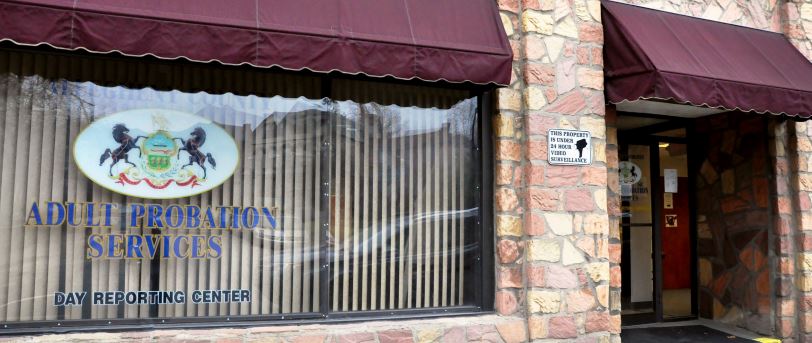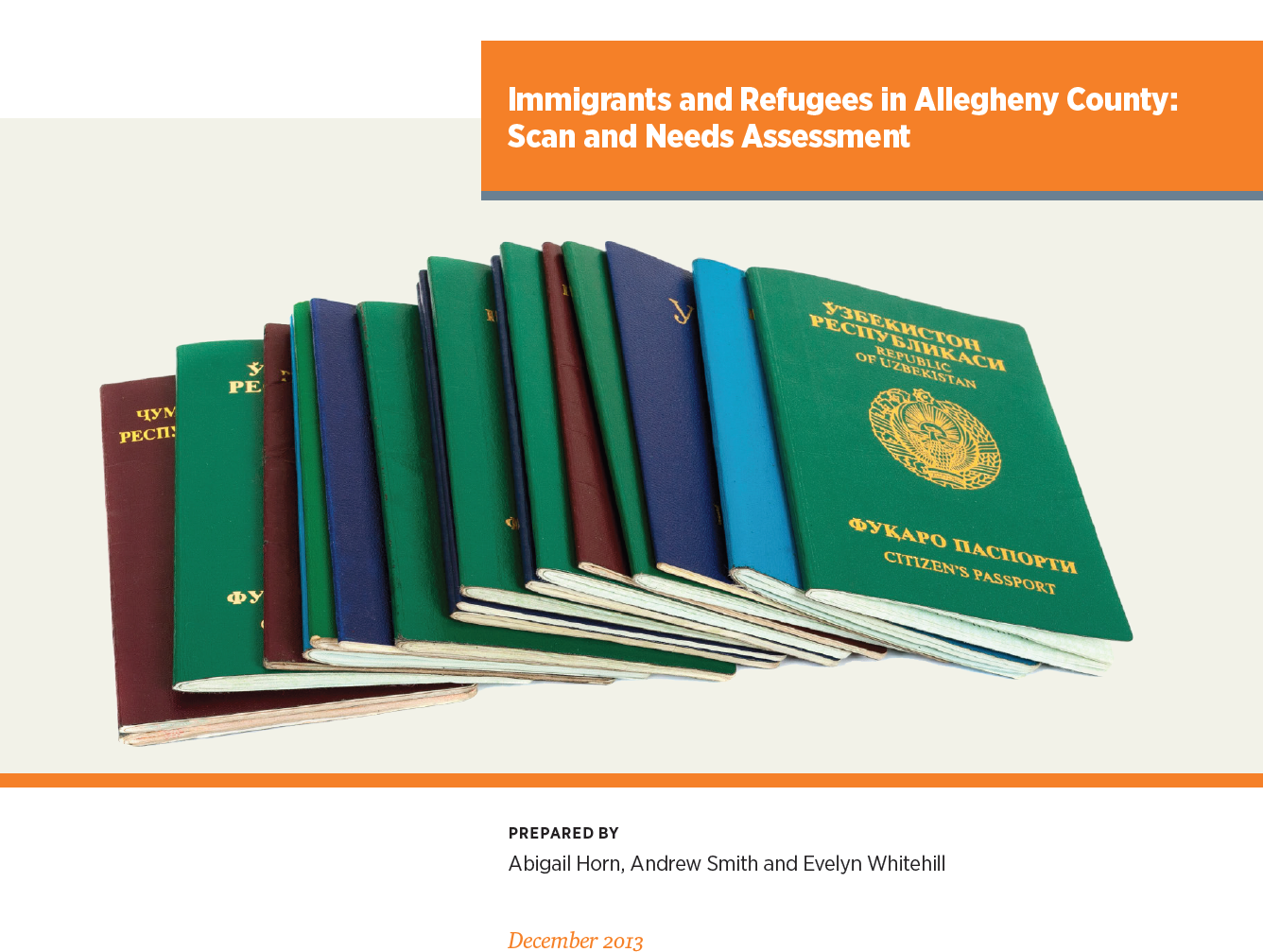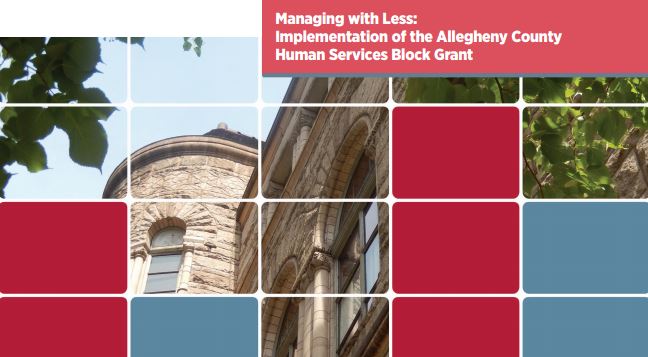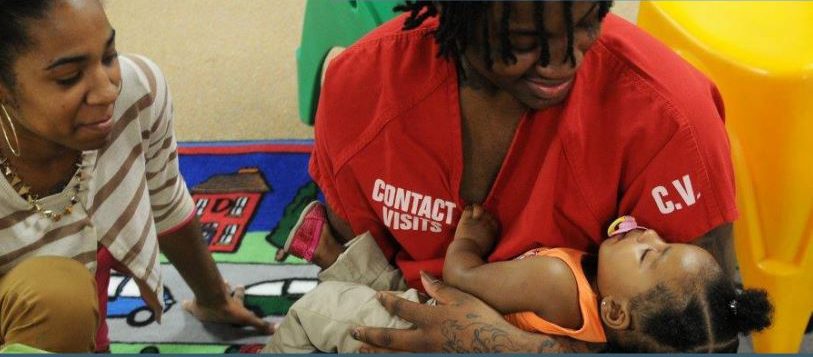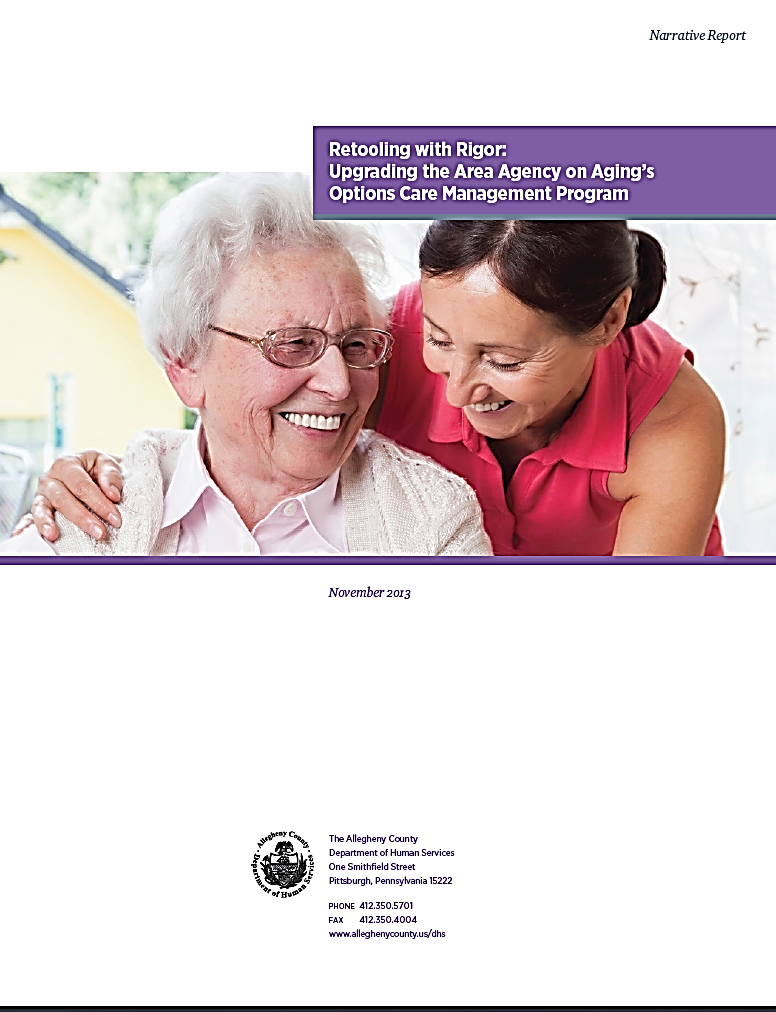The high percentage of inmates with mental health and/or substance use issues presents significant challenges to the correctional system. Untreated behavioral health issues contribute to higher rates of recidivism as well as a myriad of other barriers to successful community re-entry. To begin to address these challenges, the Allegheny County Jail Collaborative convened a workgroup to review behavioral health services available in the Allegheny County Jail, identify gaps and challenges, and create “maps” of the service navigation process.



